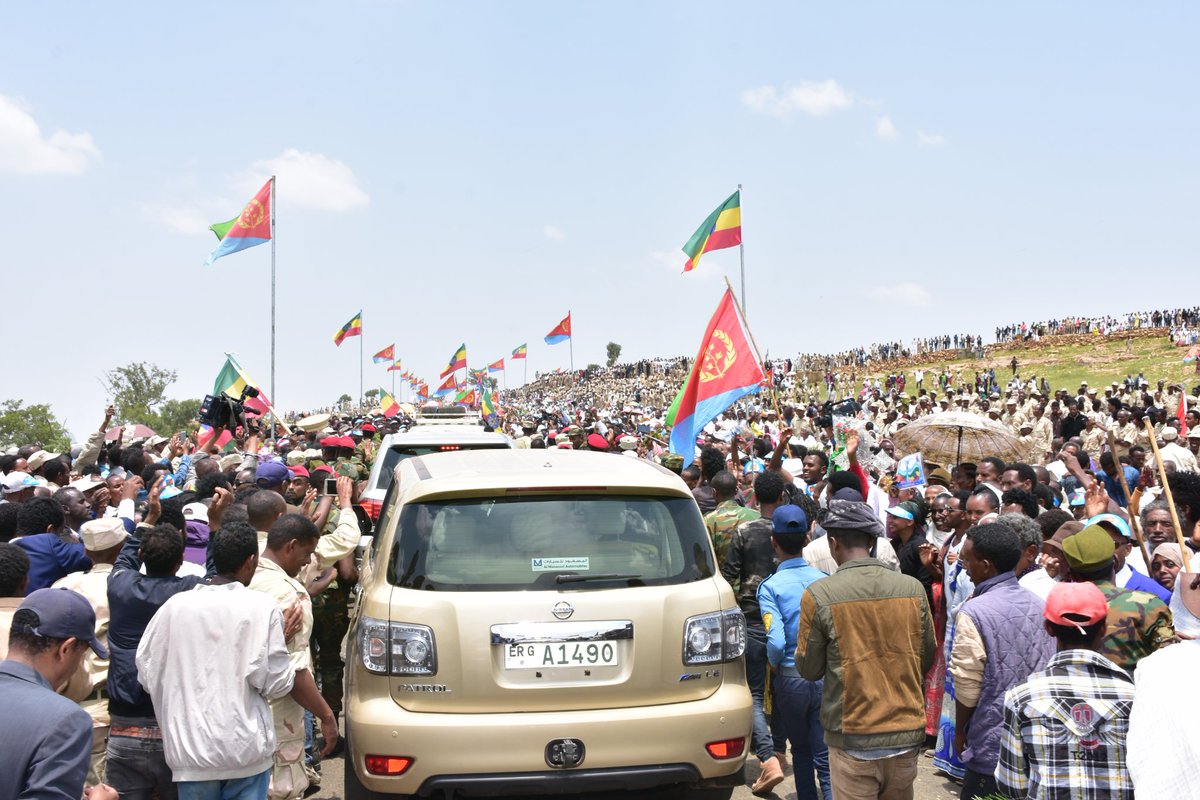The door to justice has finally opened for Eritrean refugees who say they were subjected to inhumane treatment while working at a Canadian mine in their home country.
Eritrean refugees have found rare hope in a Canadian Supreme Court ruling allowing them to continue with a lawsuit against a Canadian mining company allegedly complicit in human rights abuses and forced labour in Eritrea.
"It was hard for me to believe at first," said Abraham, 32, an Eritrean refugee who requested to use a pseudonym to protect his identity. "I felt so happy when I heard the news."
Abraham is one of numerous Eritreans who are suing Nevsun Resources Ltd, a Canadian mining company based in British Columbia. It operates the Bisha zinc-copper mine in Eritrea, located about 150km from the capital Asmara.
The plaintiffs and their team of Canadian lawyers allege that Nevsun engaged two companies that deployed forced labour to construct the mine's infrastructure and facilities. These companies, they claim, were connected to the government and military in Eritrea and workers faced inhumane and cruel conditions while working on the site.
Nevsun had attempted to convince the courts to dismiss the lawsuit, which was initially filed in 2014 by three Eritrean men who had worked at the mine. But in February 2020, Canada's Supreme Court ruled that the lawsuit against Nevsun, in which it is accused of being complicit in crimes against humanity, slavery, forced labour and torture, can go forward to trial. The plaintiffs are demanding financial compensation from the company.
Joe Fiorante, a lawyer from the Vancouver-based firm Camp Fiorante Matthews Mogerman (CFM), which is part of the legal team, says the court's decision is "historic" and marks the first time a Canadian court has ruled that a corporation can be taken to trial over allegations of violating customary international law.
"It's a significant precedent that opens a path to a Canadian courthouse for any victims of human rights abuses in which a Canadian mining company was complicit," he said.
"It still doesn't feel real," said Abraham, who was forced to work at the Bisha mine for four years. "I used to believe that there was no justice in this world. But, after waiting for a very long time, justice is slowly coming and I feel really, really happy."
Forced labour
Nevsun operated the Bisha mine through its Eritrean subsidiary, the Bisha Share Mining Company (BMSC), after being granted a mining permit in 2008. Sixty percent of BMSC was owned by Nevsun and the Eritrean government owned 40% through the state-owned Eritrean National Mining Corporation (Enamco).
According to a 2013 Human Rights Watch report, Nevsun used Senet, a South African construction and engineering company, as its main contractor for the Bisha mining project. It was the first modern mining project in Eritrea and continues to mine copper, gold, silver and zinc. In 2018, Nevsun sold the project to the Zijin Mining Group, a Chinese company.
Nevsun and Senet contracted the Segen Construction Company to "build roads, staff housing and other secondary infrastructure" at the site, Human Rights Watch noted. Segen is owned by the People's Front for Democracy and Justice, Eritrea's ruling and only political party.
Nevsun had stated that the Eritrean government gave it no choice in the matter and it was "required" to engage Segen. At the time, Human Rights Watch found there was evidence that Segen "regularly exploits" Eritreans forced into serving in the country's national conscription programme, which the UN has called "enslavement".
While Eritrea's compulsory national service programme legally lasts 18 months, in reality many conscripts spend most of their working lives in the service and receive little pay. Conscripts who are caught attempting to escape their service "face imprisonment, torture, and other forms of human rights abuse", Human Rights Watch has stated.
Eritrea's national service is the nucleus of the country's oppressive system of control. Independent media is banned and dissent is met with imprisonment, torture and enforced disappearances. Hundreds of Eritreans risk their lives to flee the country each month. According to Human Rights Watch, at least 15% of the population has fled over the past two decades.
Despite these wide-scale human rights abuses, several small mining firms such as Nevsun have accepted mining and exploration licenses in Eritrea. Human Rights Watch warned several years ago that owing to the fact that conscripts are forced to work for companies owned or controlled by the government or military, "foreign investors in Eritrea's burgeoning minerals sector risk complicity in the system of coercion and abuse that the national service programme has become".
Laetitia Bader, a senior Africa researcher at Human Rights Watch, tells New Frame that her organisation's research had found "strong evidence" that a "significant portion" of the workforce at the Bisha mine were national service conscripts. According to Fiorante, Mereb Construction Company, owned by the Eritrean military, was brought into the project fold in 2009; the company also allegedly uses national conscripts on its projects.
Fiorante says since the case was filed, 50 more Eritreans have come forward and filed companion cases against Nevsun, alleging they too were forced to work at the mine as part of their national service.
'We were treated like animals'
Abraham, who worked at Bisha as a conscript from 2010 until 2014, described a nightmarish scene for New Frame. "It was a horrible life," he said. "We were always hungry and thirsty. We got very skinny. We were eating expired food and we had to drink dirty water."
Abraham says he was paid the equivalent of just $15 (about R260) a month and was forced to work long hours in temperatures that reached as high as 50℃. "We didn't get proper medicine and weren't provided protective equipment," he told New Frame. "We suffered a lot from illnesses like malaria, diarrhoea and skin and eye irritations. Our supervisors would only provide us basic pain medicine."
Conscripts claim they were forced to build the infrastructure, toilets and housing for the Canadian and South African workers at the site, whereas they were made to sleep on the ground outside, without a mattress. Abraham says armed Eritrean soldiers surrounded the mining area, ensuring that no conscript could escape.
"We were treated like animals," Abraham said. His voice paused for several moments as he repeatedly slapped his hand on his thigh, indicating his rising frustrations. "It was very difficult. There was no justice. I really don't like to remember it."
Six years later, Abraham still suffers from health complications owing to the working conditions at the mine, including issues with his eyesight from being forced to work under the sun for hours every day. He also continues to suffer from haemorrhoids due to stress and a prolonged low-fibre diet.
Included in the Human Rights Watch report are details from interviews with two former national conscripts who had worked at the mine and later fled the country. One of them had been kept in national service for 13 years. They told the rights group that those who tried to leave the mining area were "severely punished".
Abraham alleges that the Canadian and South African workers at the site, who were employed as managers, engineers and supervisors, among other positions, were aware of the use of national conscripts and took part in abuses. "They treated us very badly. They were always shouting at us and demanding that we work faster," he said.
He stopped and took a deep breath before continuing: "It was very bad. They knew we were conscripts, but they kept silent and ignored it because they were there for their business and they knew we had no way of standing up for ourselves. Those white people, they cared only about their business. They didn't care about us at all."
Nevsun released a statement following the Supreme Court ruling in which the company wrote that it "denies the allegations made by all of the plaintiffs and intends to vigorously defend itself in court".
'Always fear for your life'
Sunridge Gold, another Canadian company, operated the Asmara Mining Share Company, partnering with Enamco, the state-run company, to mine precious metals in Eritrea.
When New Frame asked the company for comment, a former employee said it had been sold to a state-owned Chinese company several years ago and dissolved itself as a corporation. "It is no longer relevant to your article and there is no one able to speak for this corporation that no longer exists," the individual said.
Australia's South Boulder Mines still operates a mine in Eritrea; in 2015 the firm changed its name to Danakali Ltd. It operates the Colluli project, which mines potash in the Danakil Depression region. Colluli is a joint venture that is 50% owned by Danakali and 50% by Enamco. New Frame also asked Danakali for comment but did not receive a response.
Thus far, Fiorante says, he has not encountered conscripts who had worked at the Sunridge or Danakali sites. "But that doesn't mean that with the attention this case is getting now that people won't come forward and find us," he said. "The challenge in this case is that in order for the victims to seek justice they would have to flee Eritrea, and only then might they be in a position to come forward with a case."
But, he added, "I think they [Sunridge and Danakali] should be concerned about this precedent."
Elizabeth Chyrum, a United Kingdom-born Eritrean activist and founder of Human Rights Concern Eritrea, which had helped refugees to connect with the Canadian lawyers, says that while the court's decision is important for all vulnerable individuals who have been abused by Canadian mining companies abroad, it has provided a rare feeling of hope for Eritreans in the diaspora.
"For people who have no legal avenues to get justice and have been denied basic human rights for their whole lives, this is a major accomplishment," she said.
Another plaintiff, who resides in Europe, was too fearful to speak to New Frame, even when assured his identity would be hidden. Eritrean activists are often targeted by the government and pro-regime supporters for their activities abroad, and some have been threatened, harassed and assaulted.
Although Abraham, who fled Eritrea in 2014 and now lives elsewhere in Africa, is clearly concerned for his personal safety, even requesting that New Frame deletes the WhatsApp chat and his number following the interview, he is pushing past his fears in hopes of obtaining justice.
"To be an Eritrean means that you always fear for your life," Abraham said. "But the truth cannot hide forever. It will eventually come out. Even if we have to wait for a long time, we hope that we will be compensated because we deserve justice, just like everyone else."
Source=https://allafrica.com/stories/202003270595.html




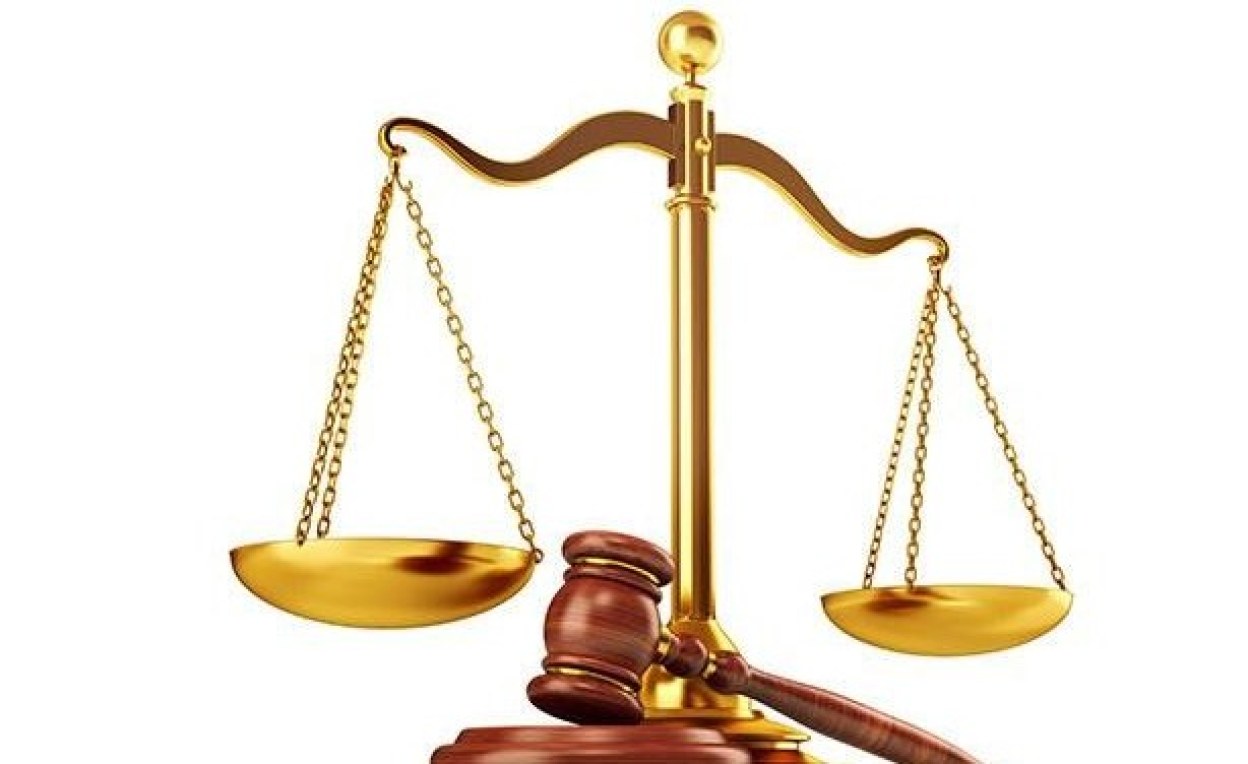

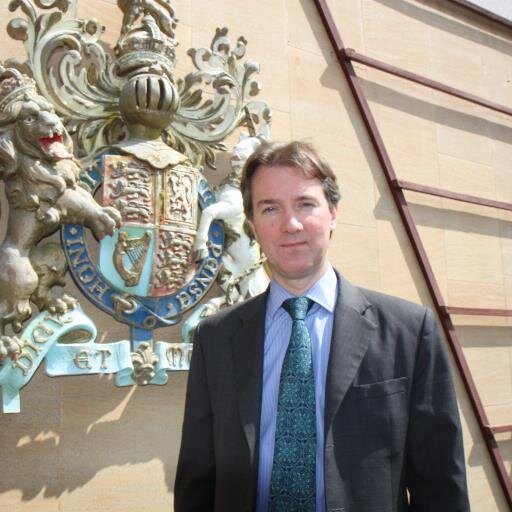
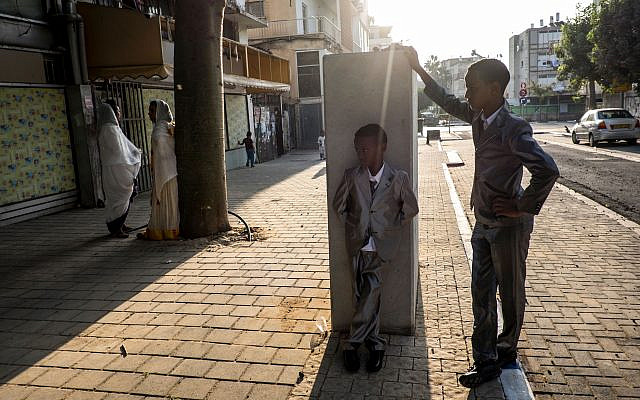
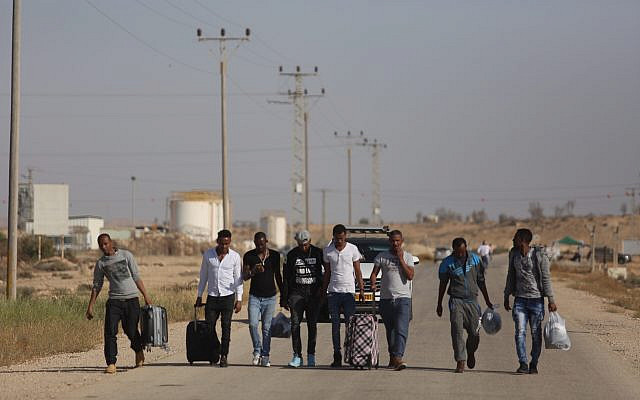

 Eritrean Diaspora in East Africa (EDEA)
Eritrean Diaspora in East Africa (EDEA) Eritrean Movement for Democracy and Human Rights (EMDHR)
Eritrean Movement for Democracy and Human Rights (EMDHR) Foundation Human Rights for Eritreans
Foundation Human Rights for Eritreans Horn of Africa Civil Society Forum
Horn of Africa Civil Society Forum Network of Eritrean Women
Network of Eritrean Women